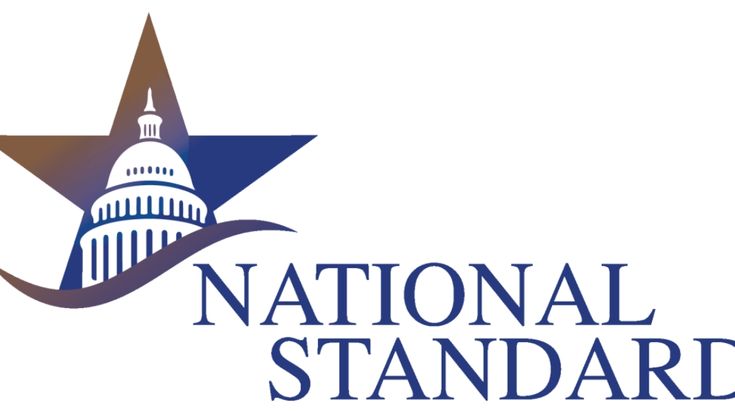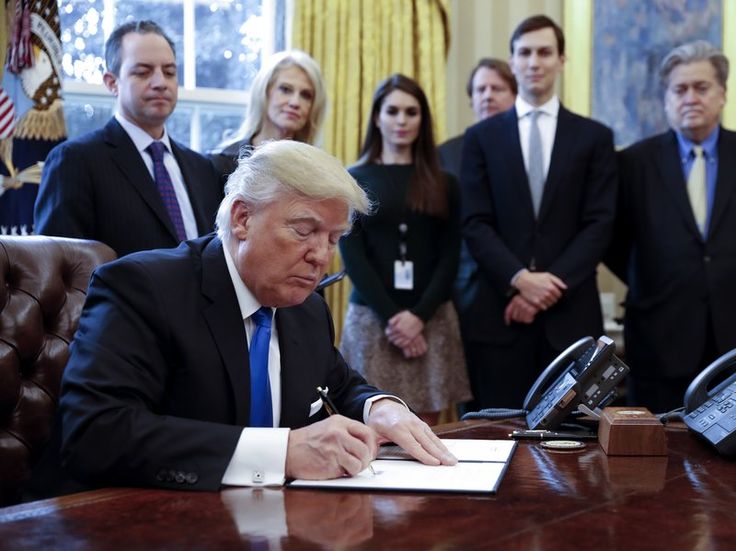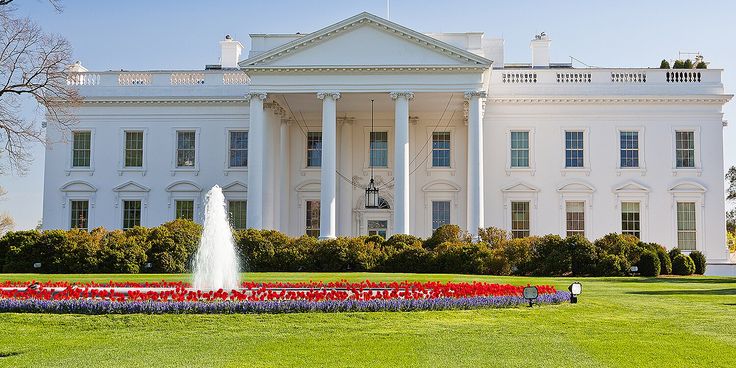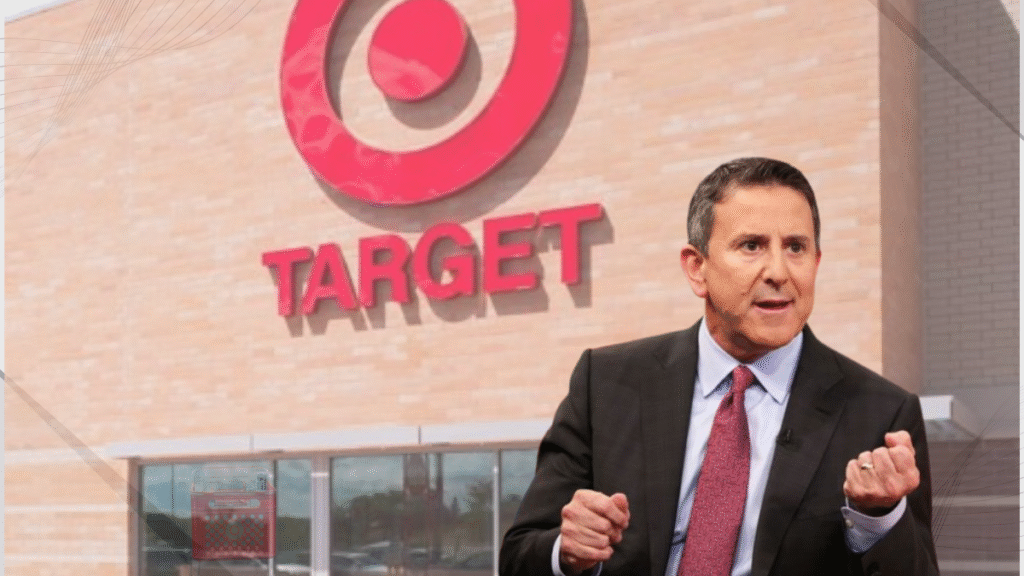
Target Corporation’s longstanding CEO, Brian Cornell, has announced his intention to step down from his leadership role, with his departure scheduled to take effect on February 1, 2026.
Cornell’s tenure, which began in 2014, marks a pivotal era for the retail giant, as he became the first outsider to lead the company in its modern history.
Thank you for reading this post, don't forget to subscribe!His arrival heralded a period of significant transformation, during which he implemented innovative strategies that revitalized Target’s stores and markedly expanded its e-commerce footprint. Under Cornell’s guidance, Target experienced remarkable growth, with the company’s revenue soaring by $34 billion.
This surge propelled Target’s annual sales beyond the $100 billion mark—a milestone that signified a major resurgence for the retailer. His forward-thinking initiatives focused on modernizing store layouts, creating more engaging and convenient shopping experiences for customers. Additionally, Cornell placed a strong emphasis on digital infrastructure, investing heavily in technology to enhance online shopping capabilities and integrate digital solutions within brick-and-mortar stores.
More about
These efforts not only improved customer satisfaction but also helped Target remain competitive in an increasingly digital retail landscape dominated by giants like Amazon. Throughout his leadership, Cornell was praised for fostering resilience, innovation, and adaptability within the organization. He navigated the company through numerous industry challenges, including supply chain disruptions and shifting consumer preferences, ensuring that Target maintained its relevance and growth trajectory.
His strategic vision and commitment to modernization have secured Target’s position as a formidable player in the retail sector, capable of competing effectively against other major retailers. To ensure a smooth transition and continued success, Target has announced that Michael Fidelke, the company’s Chief Operating Officer, will be named to succeed Cornell. Fidelke’s appointment aims to preserve the momentum generated during Cornell’s tenure, providing stability for employees, shareholders, and customers alike as the company approaches this new chapter in its history.
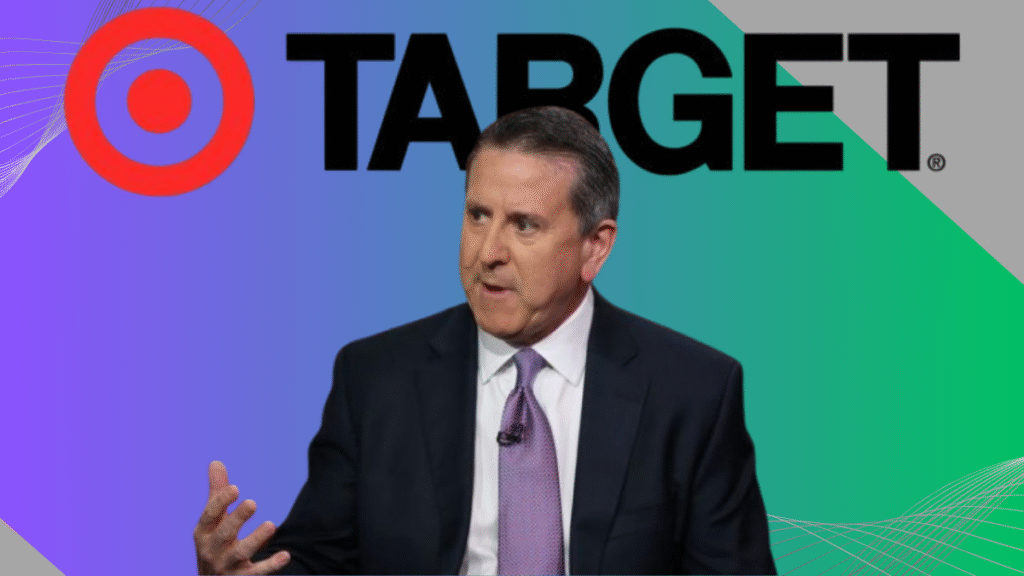
Target is emphasizing the urgent need for swift and strategic action to revitalize its business amidst a challenging retail landscape. The company recognizes that strengthening its merchandising efforts, improving store positioning, and leveraging technological innovations are critical to regaining momentum. Faced with declining sales, frequent stock shortages, and intense competition from giants like Walmart, Amazon, and Costco, Target’s leadership understands that timely adaptation is essential for survival and growth. Recently, Target reported its third consecutive quarter of declining sales, underscoring the urgency of implementing effective strategies.
The company’s management team is committed to turning these trends around by focusing on enhancing product offerings, optimizing store layouts, and integrating cutting-edge technology to improve the shopping experience.
These initiatives aim to attract more customers, increase sales per visit, and strengthen Target’s market position. In a significant leadership development, Fidelke, who has been with Target since 2003 and served as CFO from 2019 until 2024, has now stepped into the role of CEO.
He replaces Brian Cornell, who will transition to the role of executive chairman in February 2026. Fidelke’s extensive experience within the company and his deep understanding of Target’s operations position him well to lead the company through this turbulent period. His leadership is expected to bring a strategic focus on innovation, operational excellence, and customer engagement, all of which are crucial for navigating the current retail challenges and positioning Target for future success.restoring Target’s market relevance and growth.
Three main goals are the focus of his leadership: first, strengthening merchandising operations to make sure Target’s products are appealing, trend-responsive, and in accordance with consumer preferences; second, enhancing the overall shopping experience by keeping shelves stocked and making sure stores are tidy, appealing, and well-organized; and third, utilizing technology advancements to enhance supply chain efficiency and store operations.
He thinks that restoring the loyalty and confidence of customers will require innovation in these areas.
According to Fidelke’s previous remarks, Target’s effectiveness in a very competitive industry depends on its leadership in marketing, merchandising, and trend-setting. According to him, acquiring and keeping customers in today’s retail environment requires staying ahead of trends and offering exceptional shopping experiences quick-paced market.
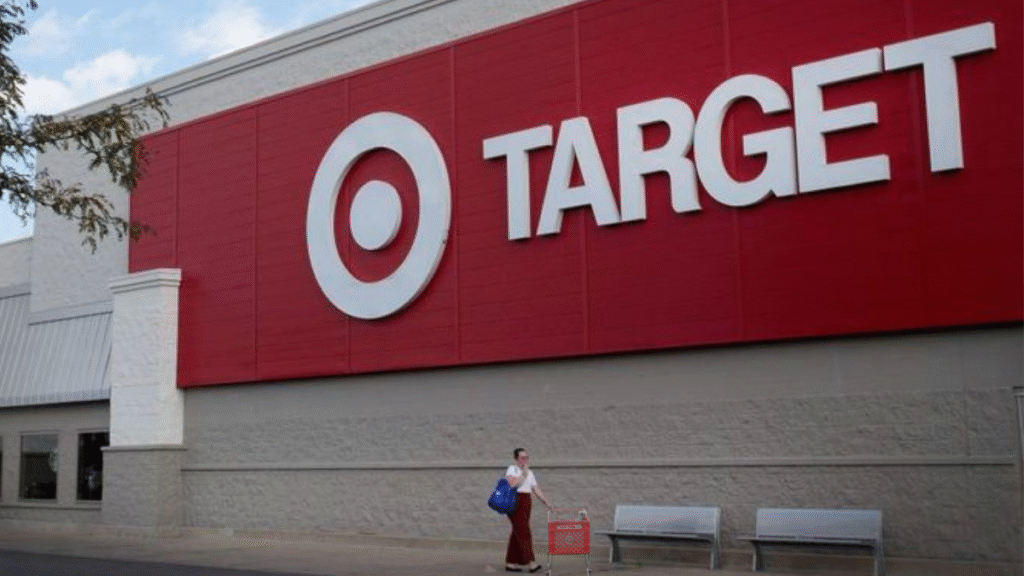
The leadership team of Target, led by Fidelke, seeks to promote an agile, innovative, and customer-focused culture. Target still has a lot of obstacles to overcome despite its positive outlook. A third consecutive quarter of falling sales, slow growth, and mounting pressure from rivals like Walmart, Amazon, and Costco are all problems for the corporation.
Target’s conventional business model is under pressure from these competitors, who are always innovating and growing their market share. Pre-market trading saw a 10% drop in the company’s shares due to the previous earnings report and the news of Fidelke’s hiring, which reflected investor apprehension about the company’s short-term prospects. Ever after Cornell assumed leadership in 2014
Target has had a renaissance thanks to store makeovers and prosperous internet growth. But the recent slump highlights how urgently deliberate reinvigoration is needed. The hiring of Fidelke shows Target’s resolve to take on these issues head-on and set itself up for long-term viability and revitalized development in the changing retail landscape.
Fidelke highlighted the company’s dedication to enhancing style, customer experience, and technology innovation on the earnings call. In order to stay ahead in a market that is changing quickly, he also emphasized the significance of developing speed and agility. Fidelke also mentioned recent adjustments made to the assortment plan in order to better accommodate shifting consumer tastes and a changing environment. By concentrating on these areas, the company hopes to provide timely, more individualized products that appeal to consumers, which would eventually spur growth and improve its position as a market leader.

